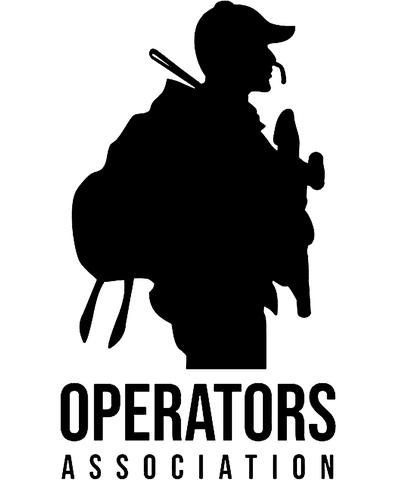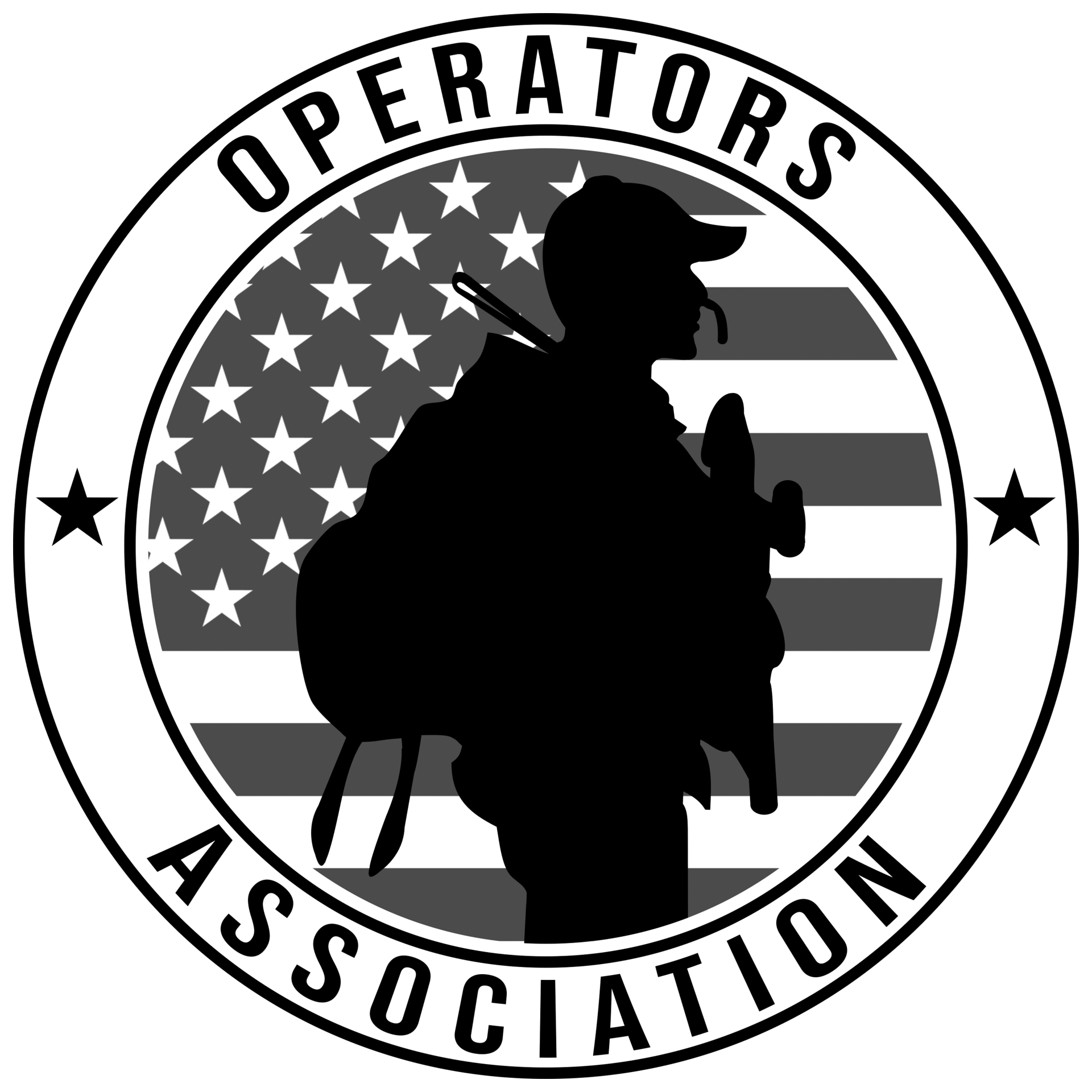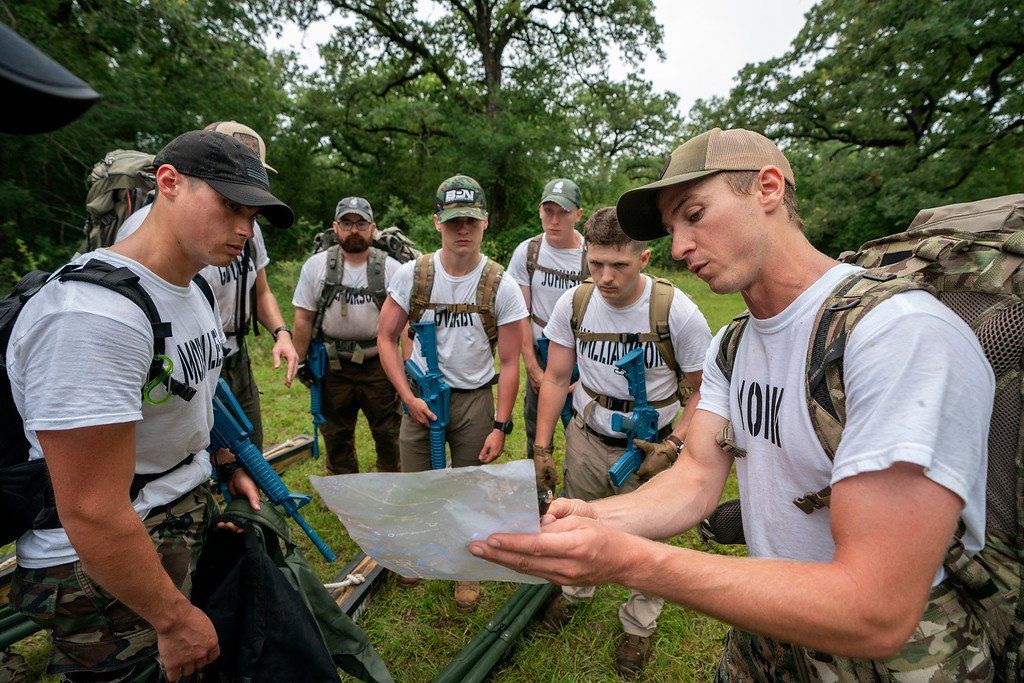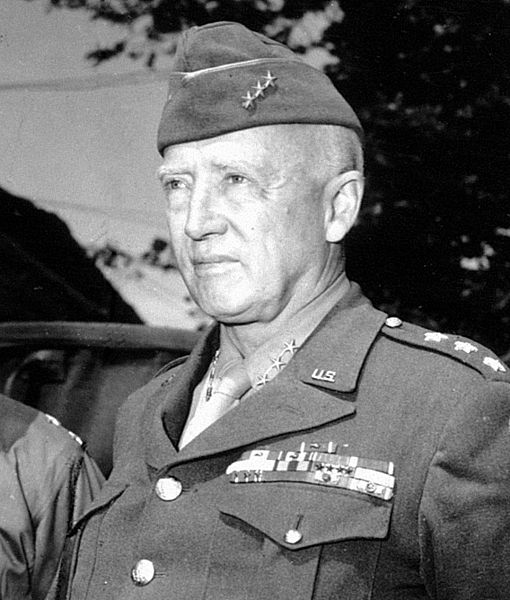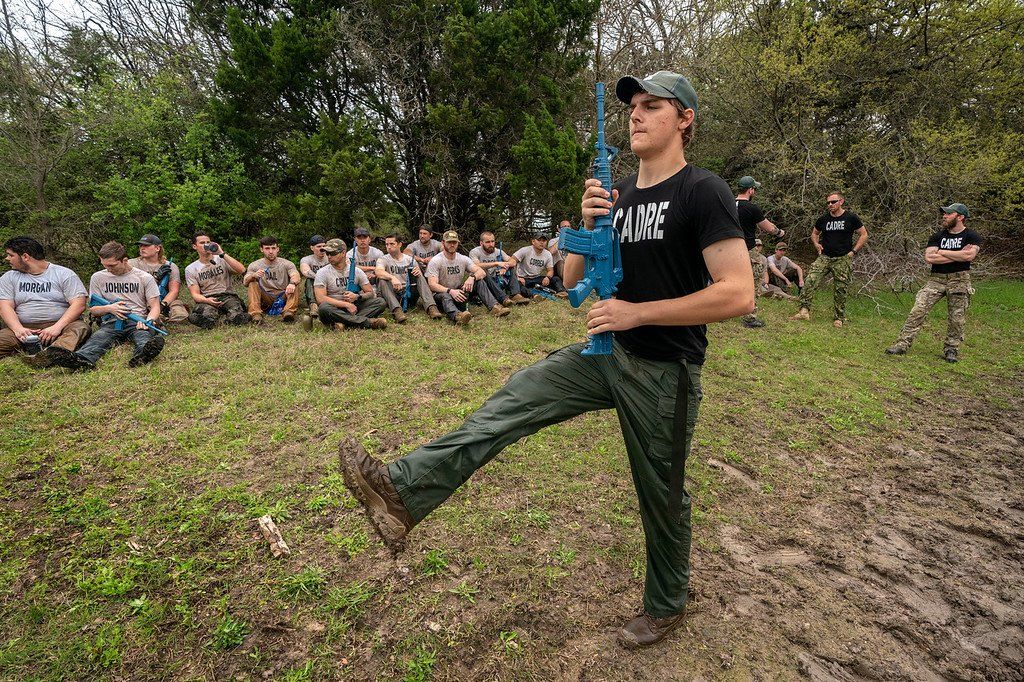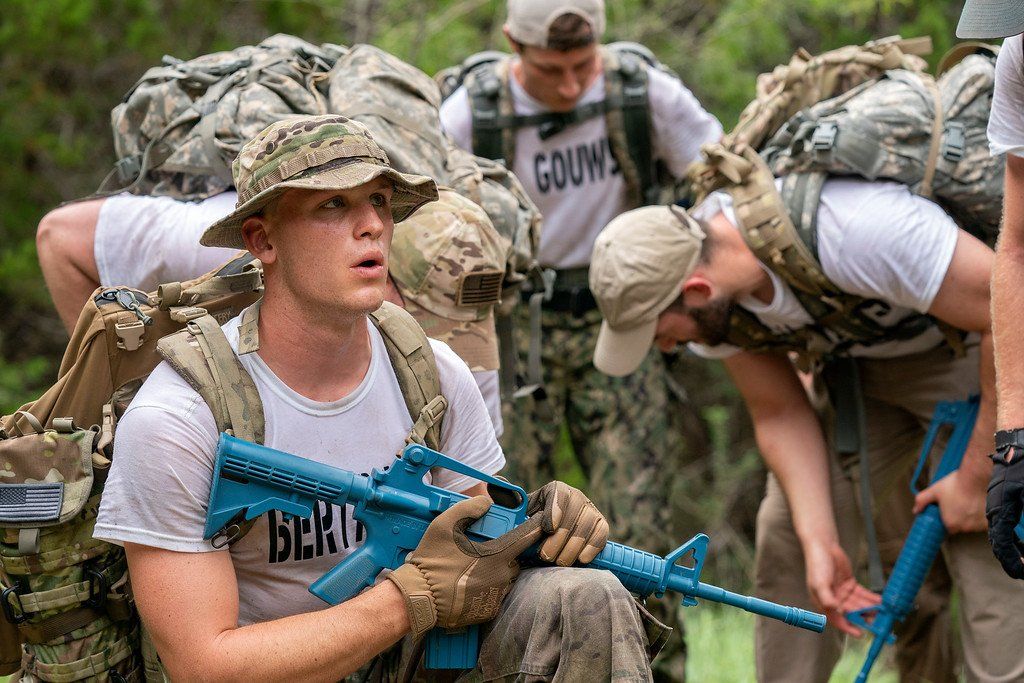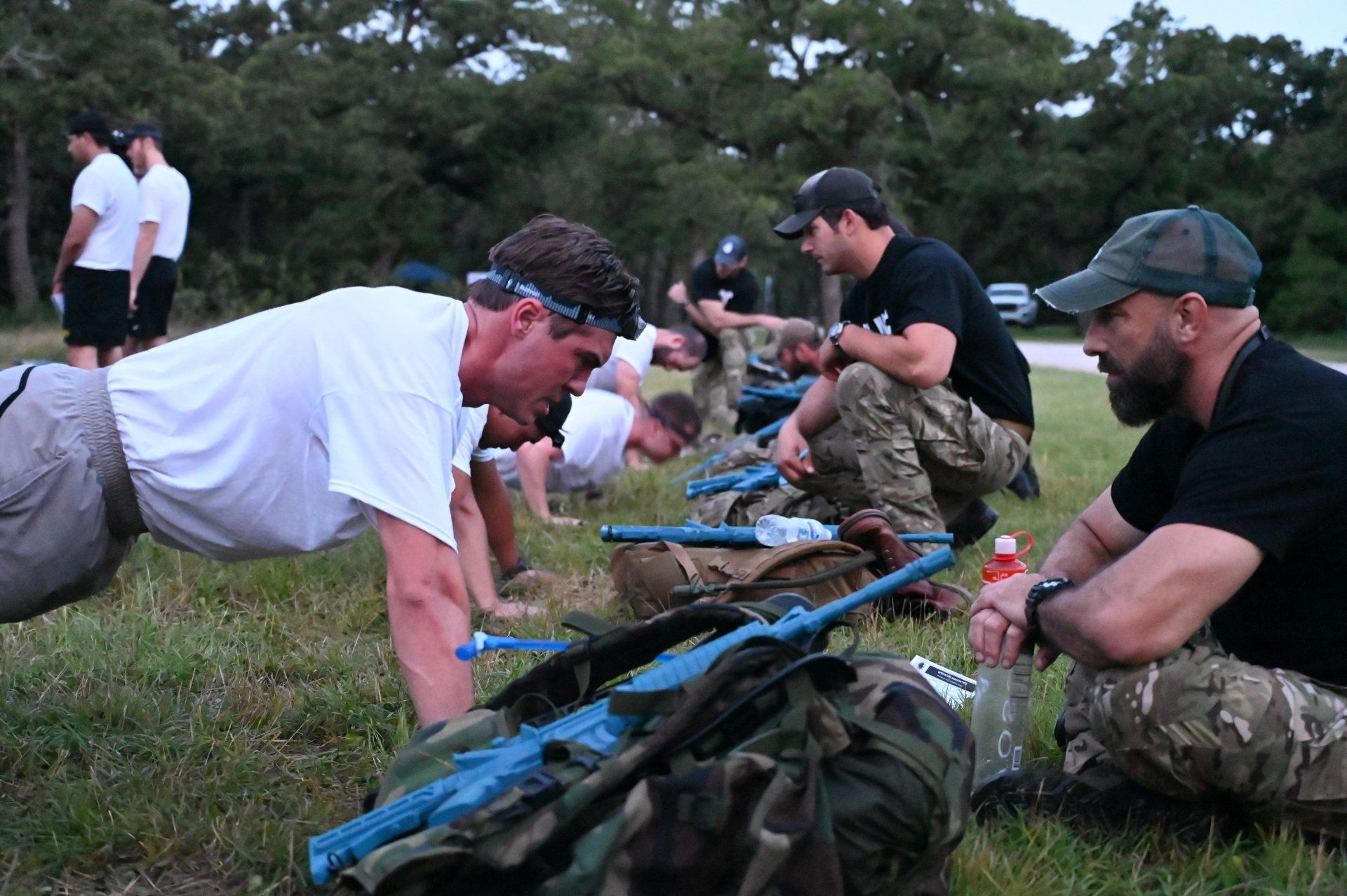How to Be Alone
Oct 15, 2021
Forging operational independence and self-sustainability.
Humans are social creatures. But your ability to operate independently and overcome stress on your own is critical to your success as a future SOF operator. Throughout your military career, from selection to military deployment, there will be times where you will face an obstacle that you must overcome independently.
When this happens, you must detach from others and have the skills it takes to succeed on your own. In this OA guide, we’ll show you the three steps to developing operational independence and learning how to be alone.
Why You Must Learn to Be Alone
“No man is an island, entire of itself; every man is a piece of
the continent, a part of the main.”
Before we begin explaining the steps, let’s clarify the purpose of this guide. People rely on others to succeed. Every notable human accomplishment has involved some teamwork and collaboration
between individuals. This blog isn’t advocating the burning of bridges or severing friendships. It’s about being prepared and capable of performing in a scenario where those connections are cut – about having the mental toughness to overcome obstacles while you’re separated from your tribe.
Be social, but have the ability to go solo. Preparedness is the key to victory – it’s better to be a warrior in a garden than a gardener in a war. Although being self-sufficient is crucial for all people, it’s especially important for those looking to enter the special forces. From the moment you begin your career at selection, you will face scenarios where you’ll have to overcome difficulties without the help of your team. When those times come, you must be prepared, willing, and able to rise to the challenge.
Step 1: Learn to Appreciate Silence
If you’re a hardcore extrovert, you might find this first part challenging. The primary step to developing operational independence is learning how to appreciate silence. The world can get hectic – from social media to coworkers and the 24-hour news cycle. Over time, you can get desensitized to the constant noise and information bombardment, but it still affects you. If you’re used to an endless stream of information, it will inhibit your ability to perform independently. The prospect of being alone without incessant mental stimulation will create anxiety and distraction, thus decreasing your efficacy and performance.
If you find yourself experiencing the symptoms of information overload (such as constantly checking your phone/social media), the best thing you can do is take a few minutes to detach from it all. Turn off your smartphone, switch off the radio, and simply allow yourself to focus on a task – like folding laundry, for example – in silence.
Step 2: Live an Unvalidated Life
The social media era is the age of validation. Most people rely on the feedback they get from friends and family online for their daily dose of self-esteem. They need their actions, decisions, and goals to be validated by those around them in order to move forward with their lives. If you want to become operationally independent, you must have the will and courage to live an unvalidated life.
This means setting personal goals, planning, and executing
them without waiting for the approval of others. If you rely on other people for inspiration, you’ll never learn to succeed on your own. Have the confidence and determination to identify your life mission and pursue it. Listen to people and consider their advice. But don’t let the opinions of others hold you back from doing what it takes to accomplish your goals.
Step 3: Take Responsibility for Your Failures
Operating independently has its perks. But it also comes with some downsides. The most noticeable of which is that all of your mistakes, shortcomings, and failures are entirely your own. There’s nobody else there to pick up the slack and help you overcome obstacles. If you don’t have it in you to succeed, game over.
The best way to avoid getting into unwinnable situations where you lack the skills necessary to succeed is by consistently keeping yourself accountable for your progress. Whether it’s physically or mentally, test your abilities regularly and give yourself honest feedback. Take ownership of your shortcomings and strive to eliminate them – nobody else can do it for you.
Staying accountable for your progress is at the core of being an effective operator. If you need others to keep you motivated, you’re already falling behind. That’s why we created the Operators Association – to give young, aspiring operators the guidance and knowledge they need to accomplish their dreams of becoming SOF warriors. When you become an OA Aspiring Operator, you get instant access to our weekly accountability group – an exclusive tribe of future, current, and former special forces operators who will help you stay on the path and remain disciplined. Get started today. Click here to browse our membership options.
